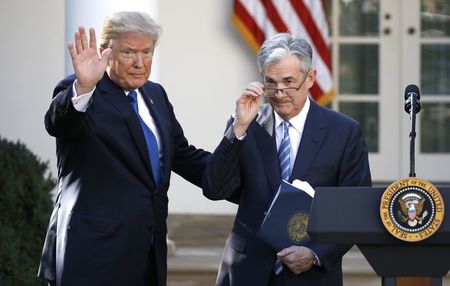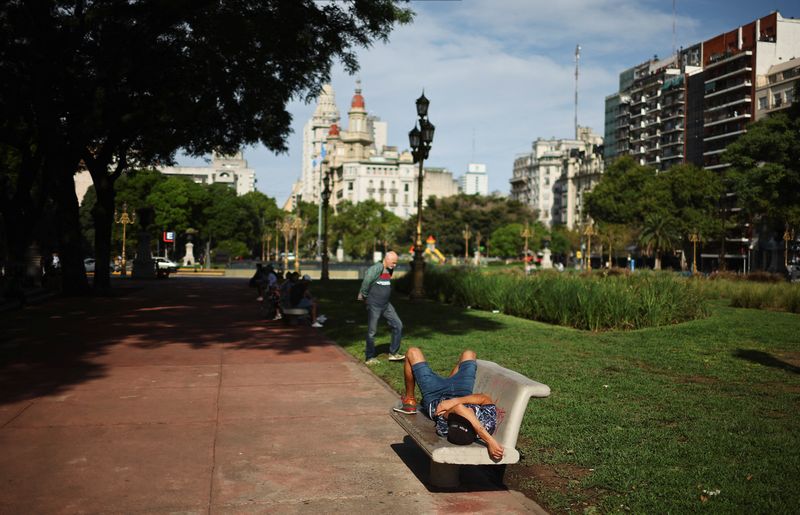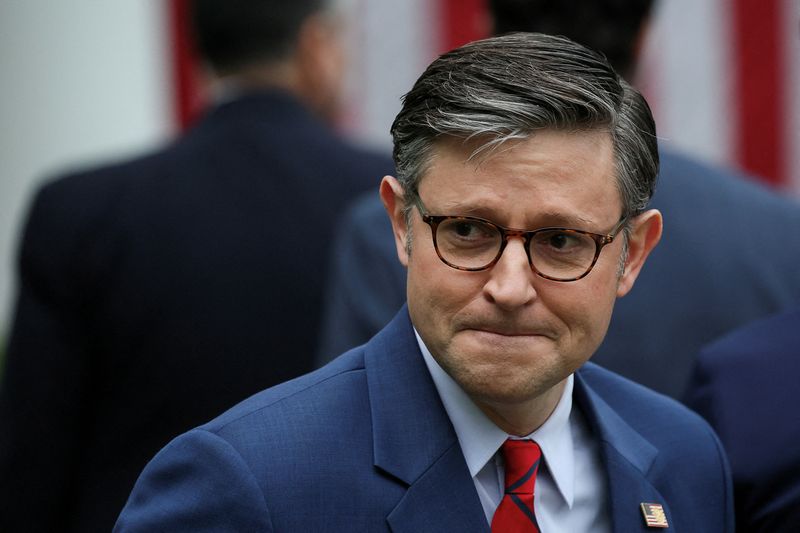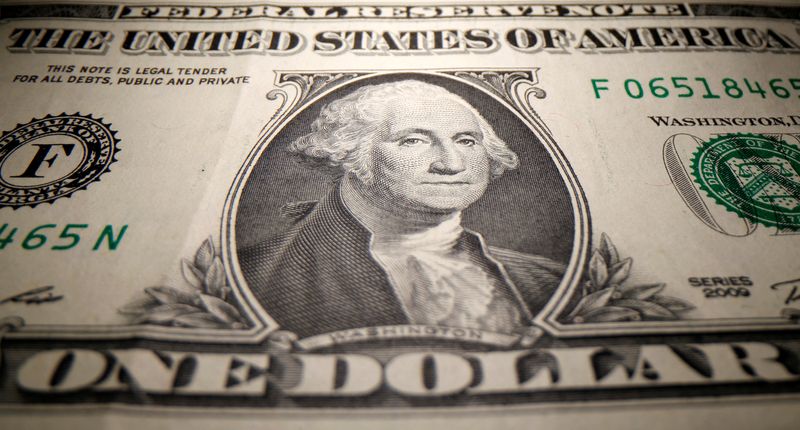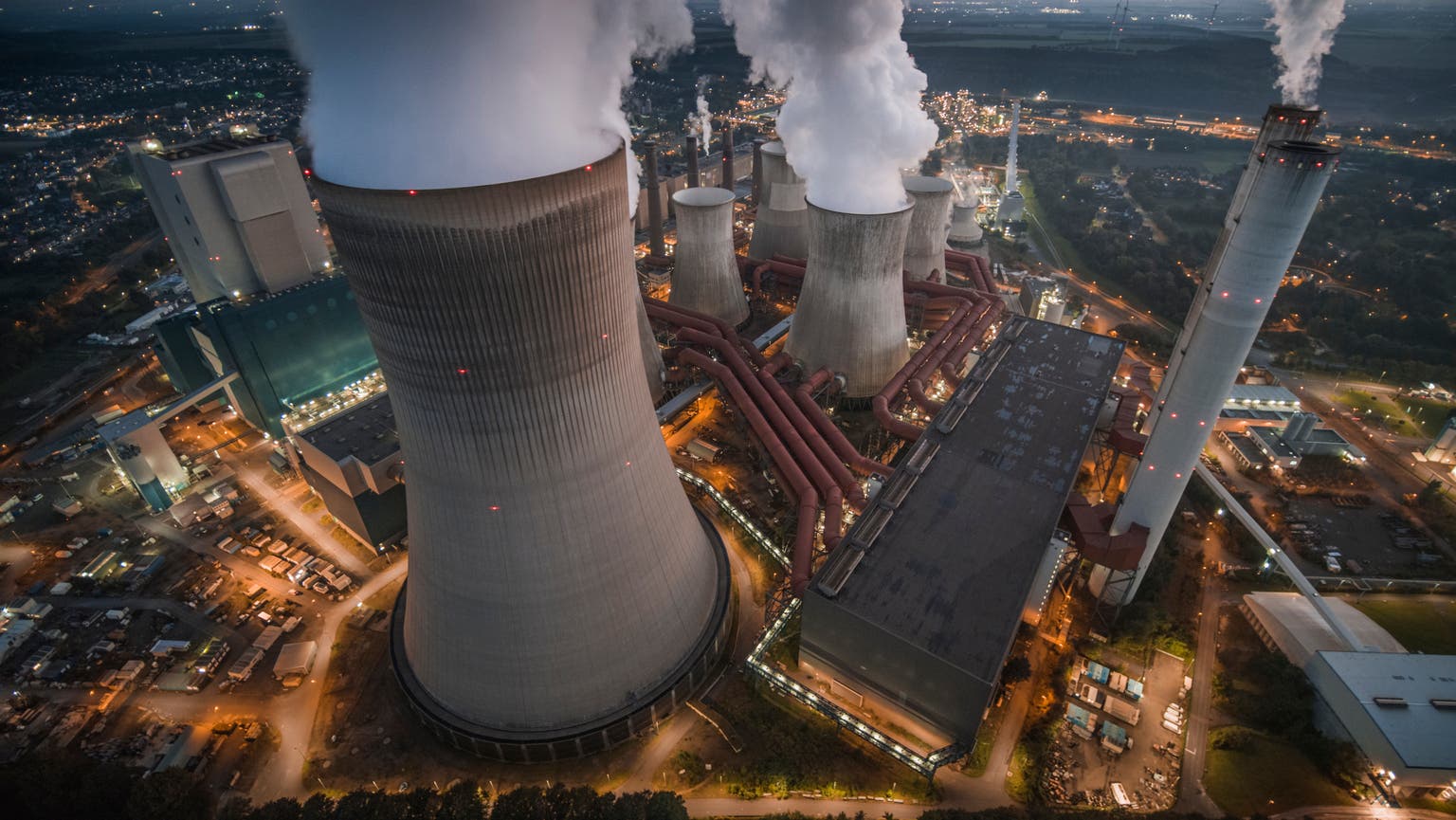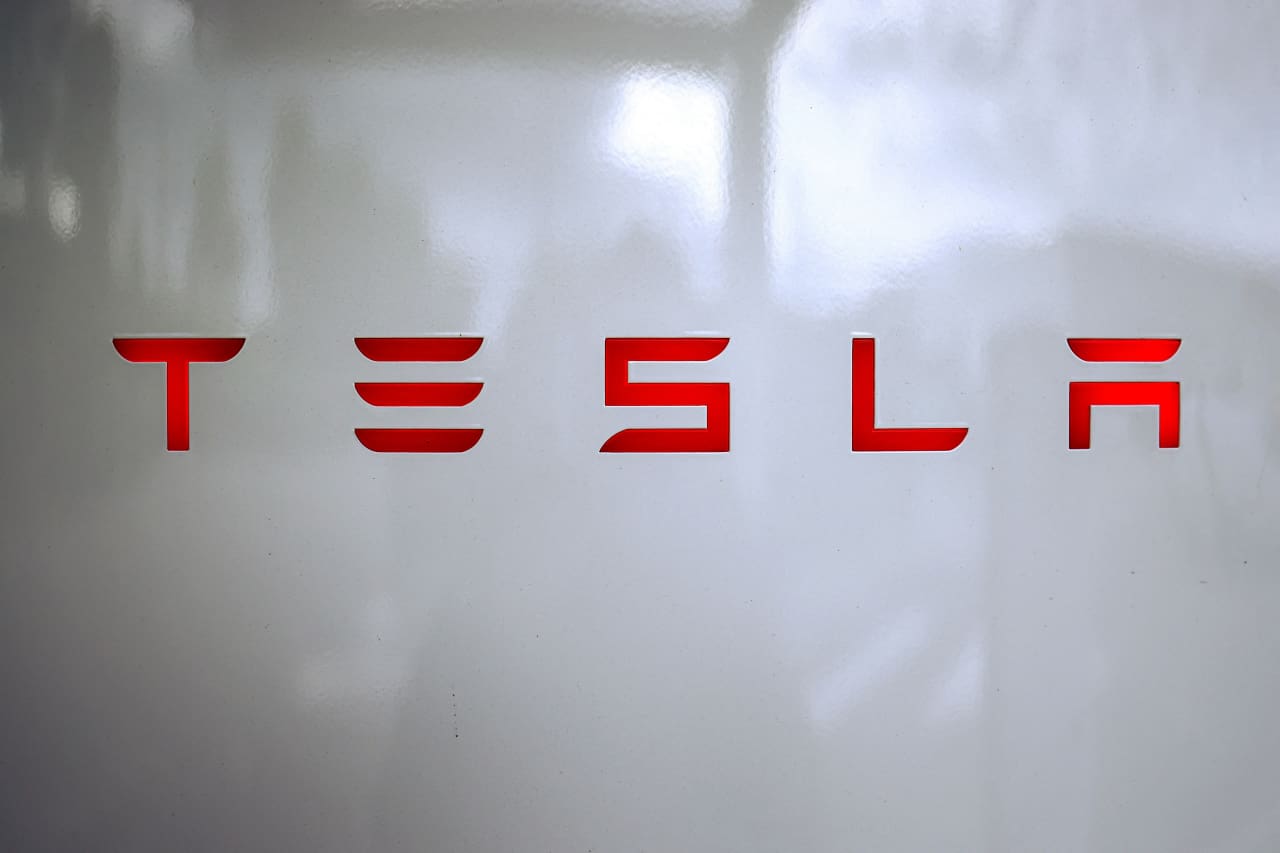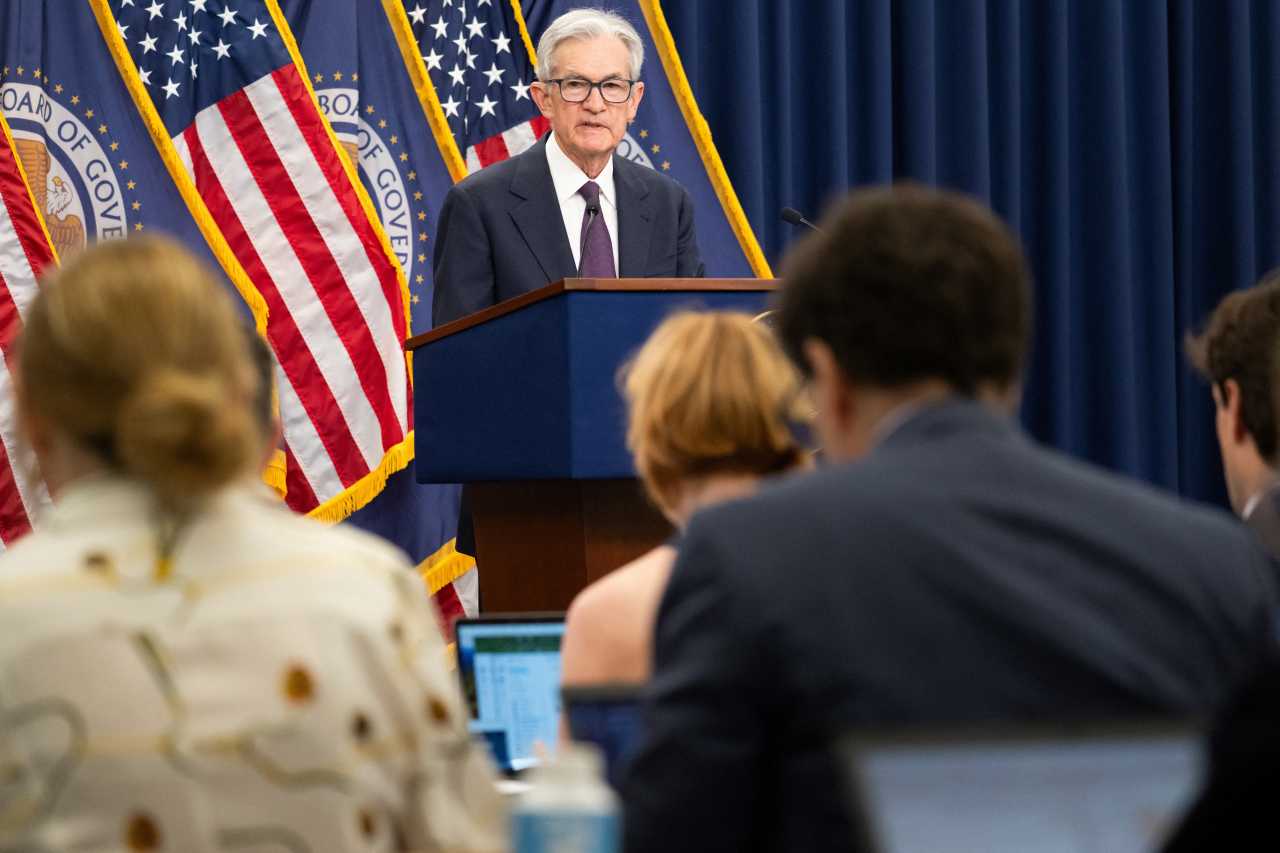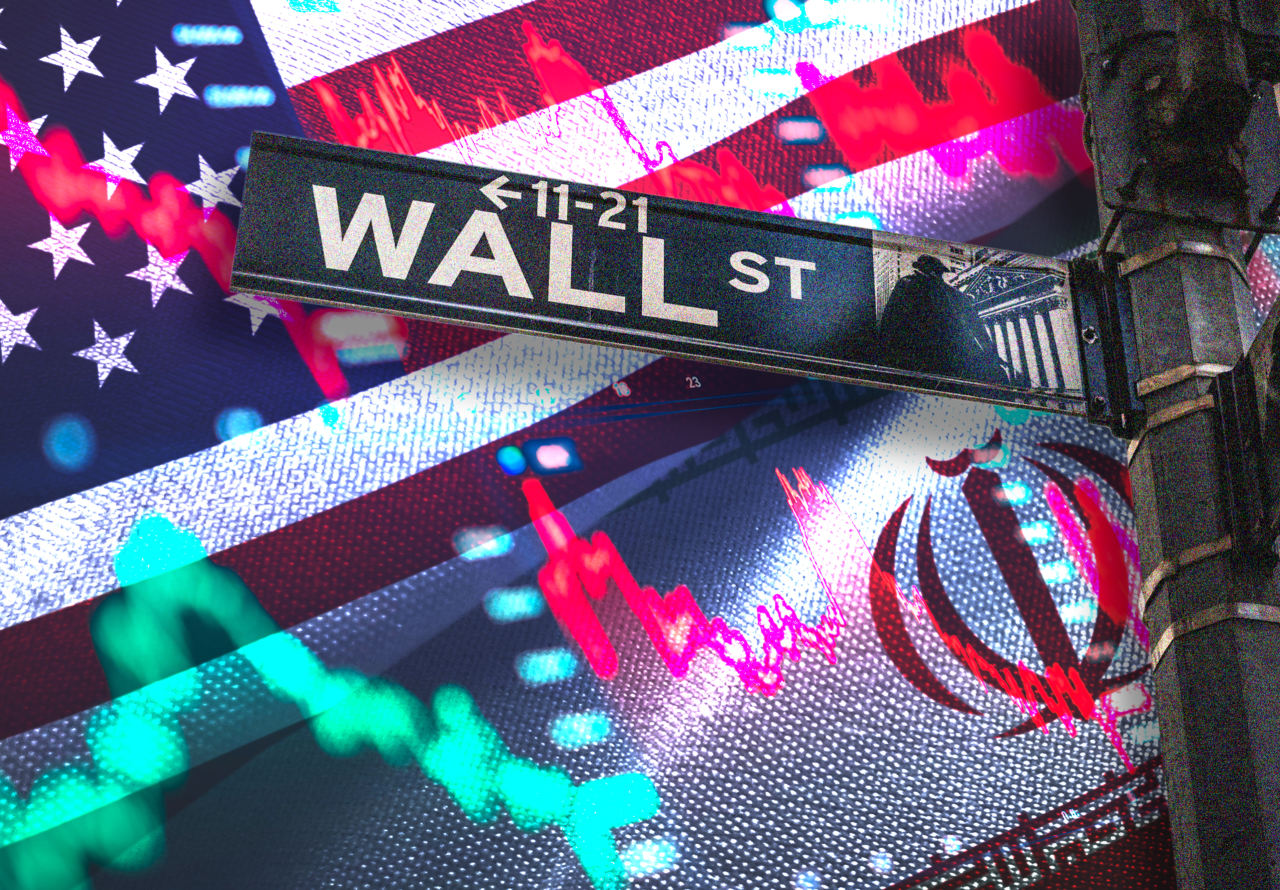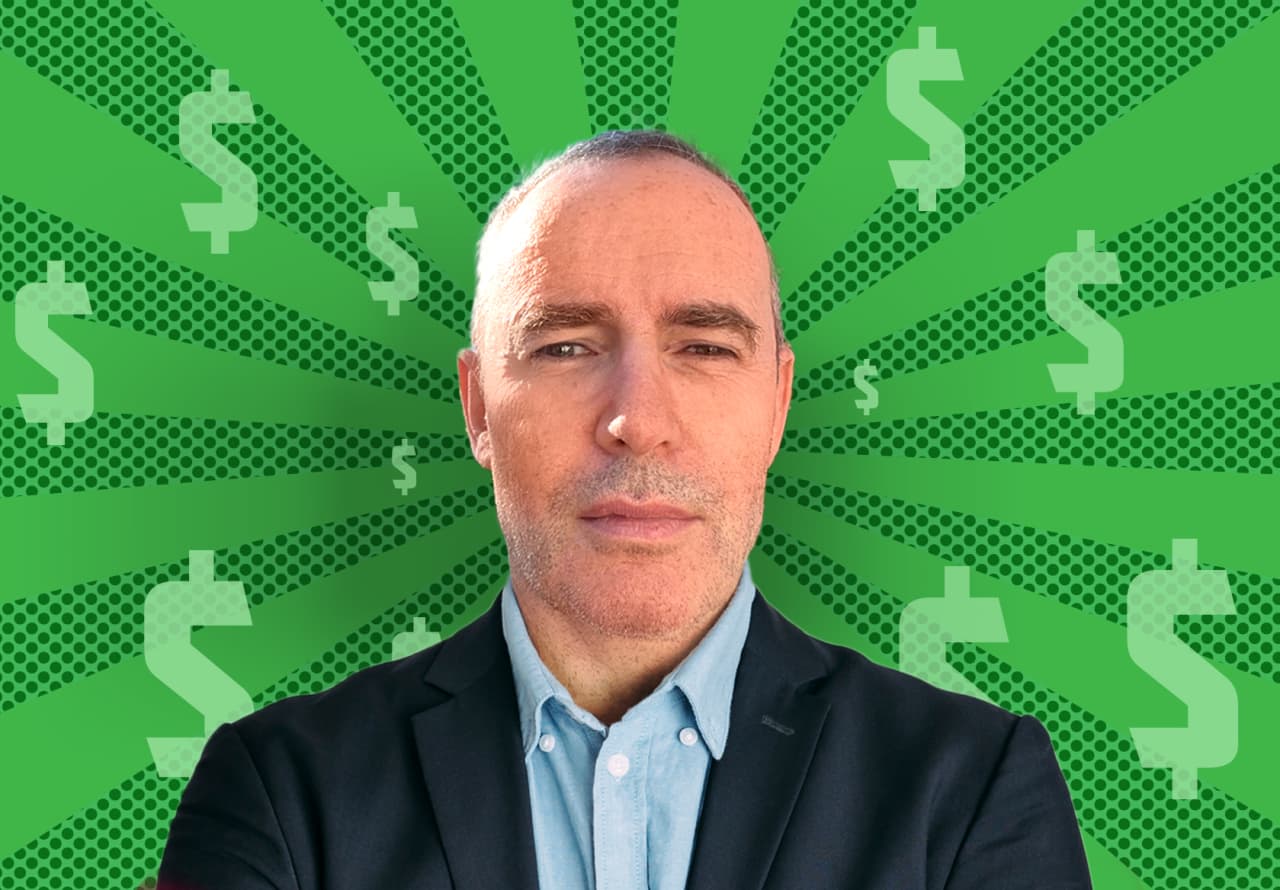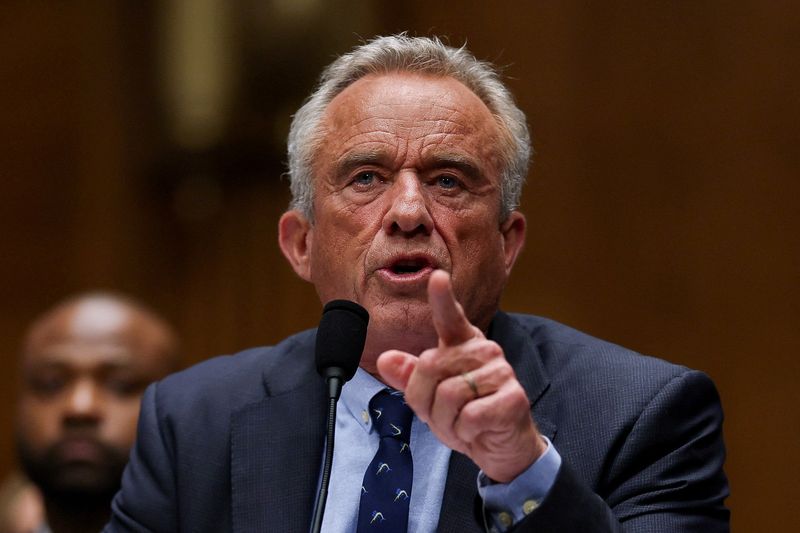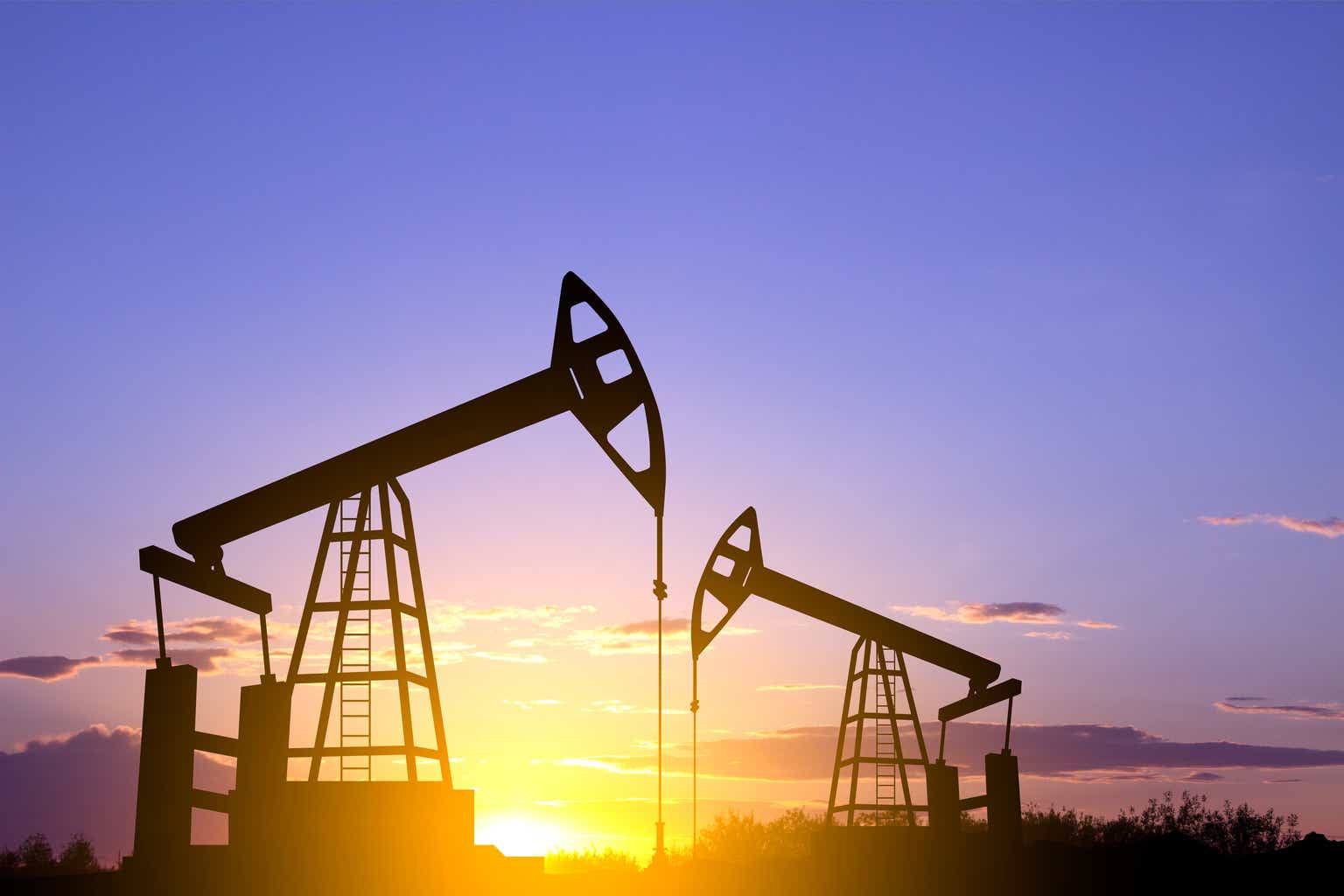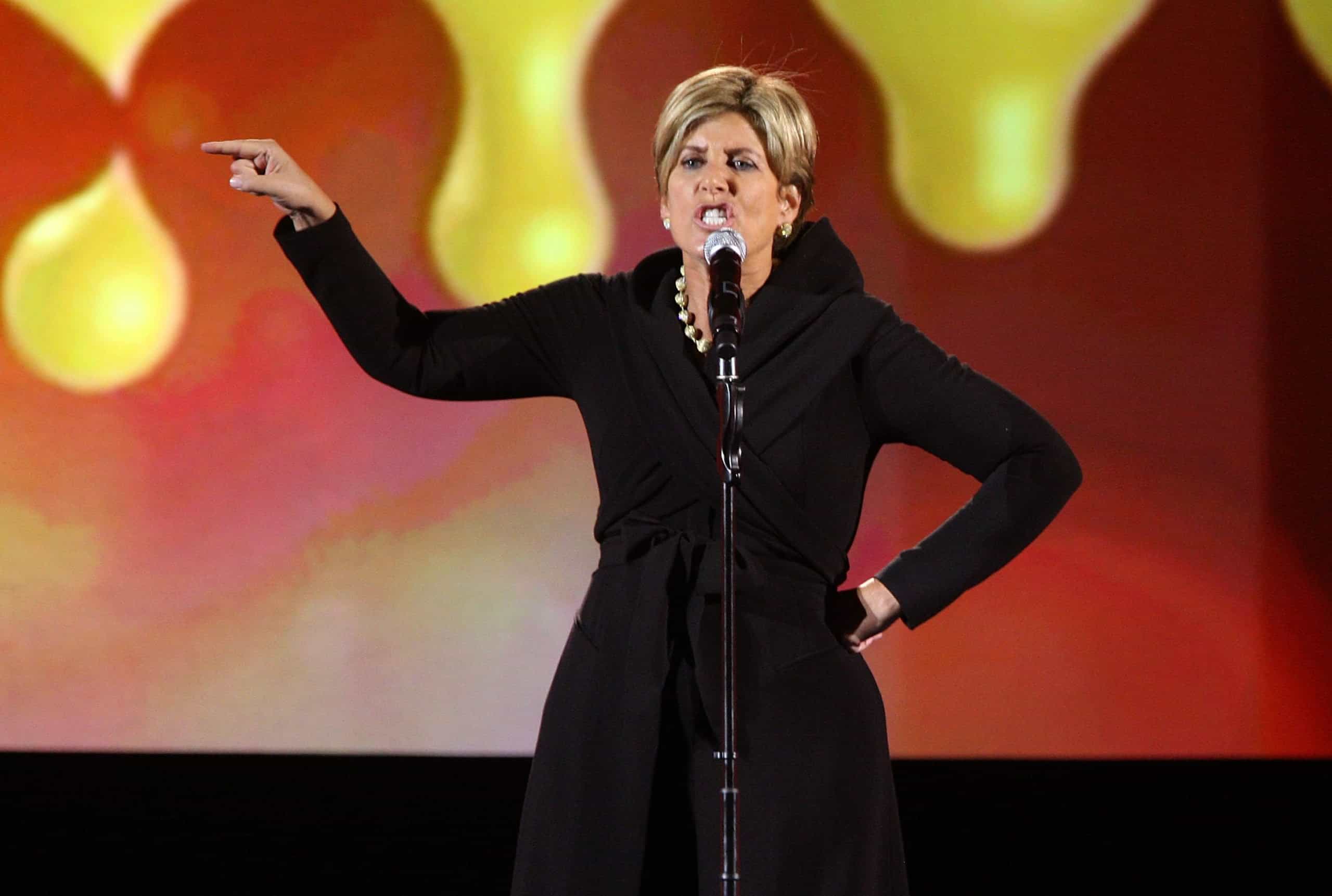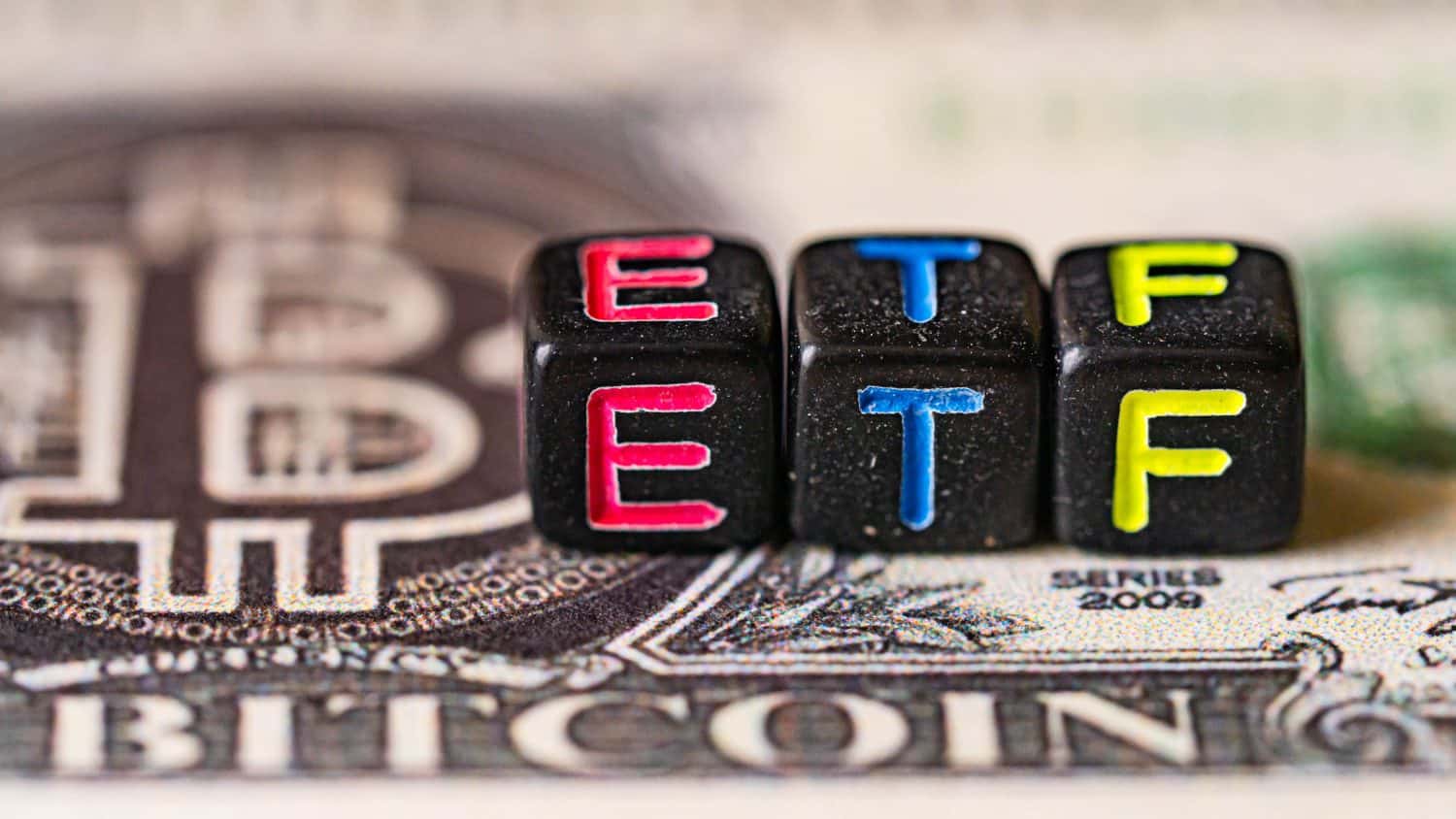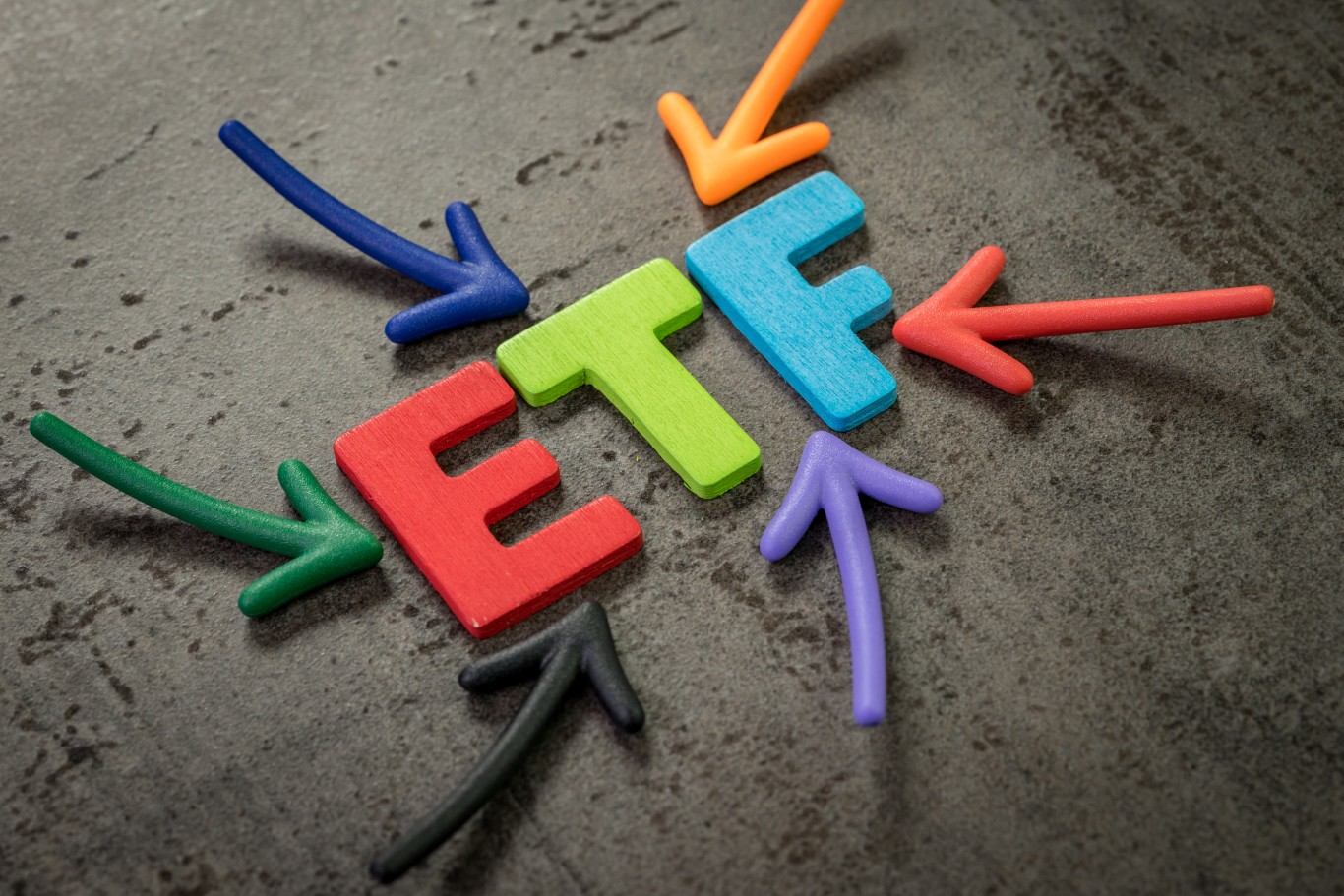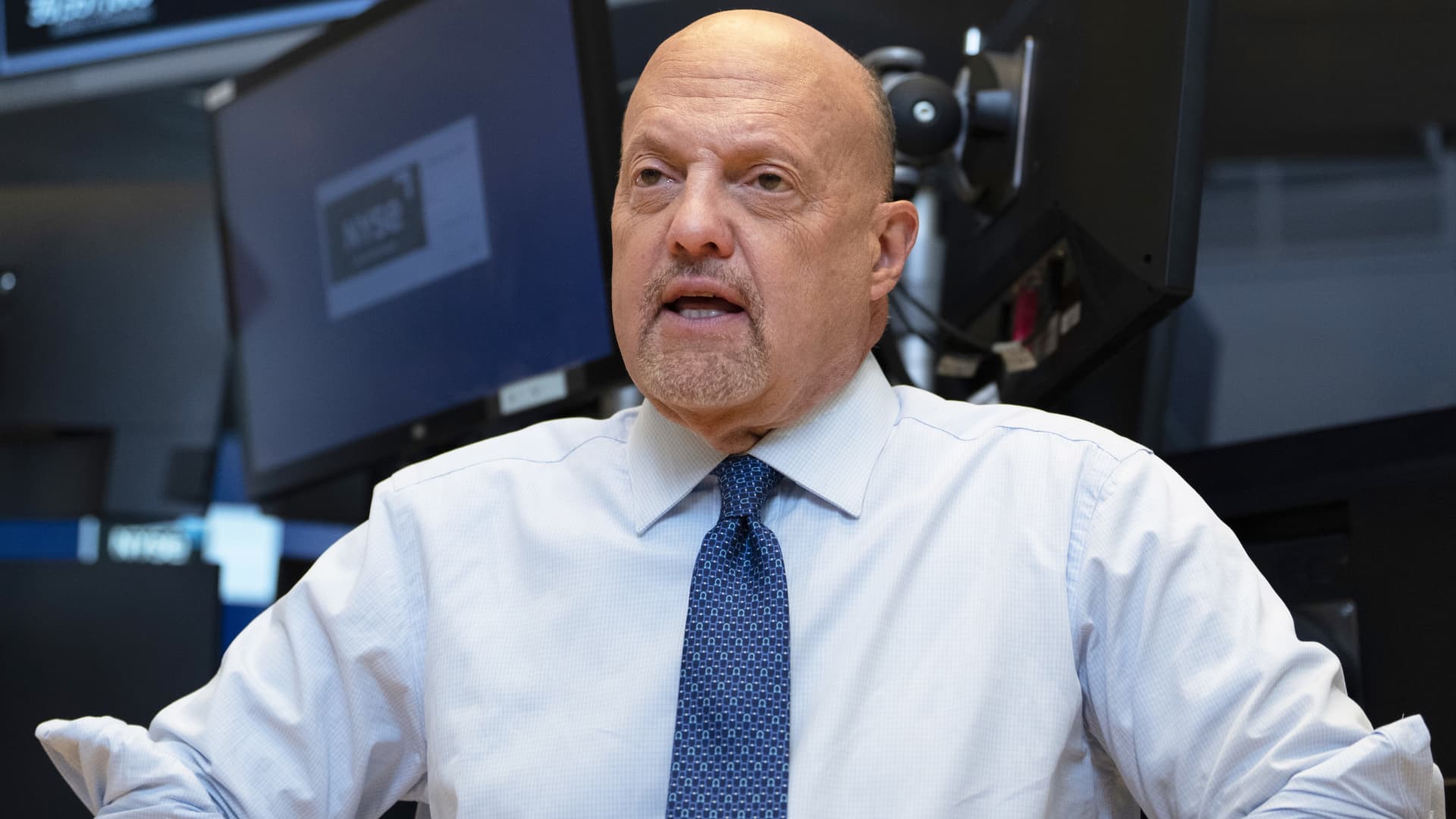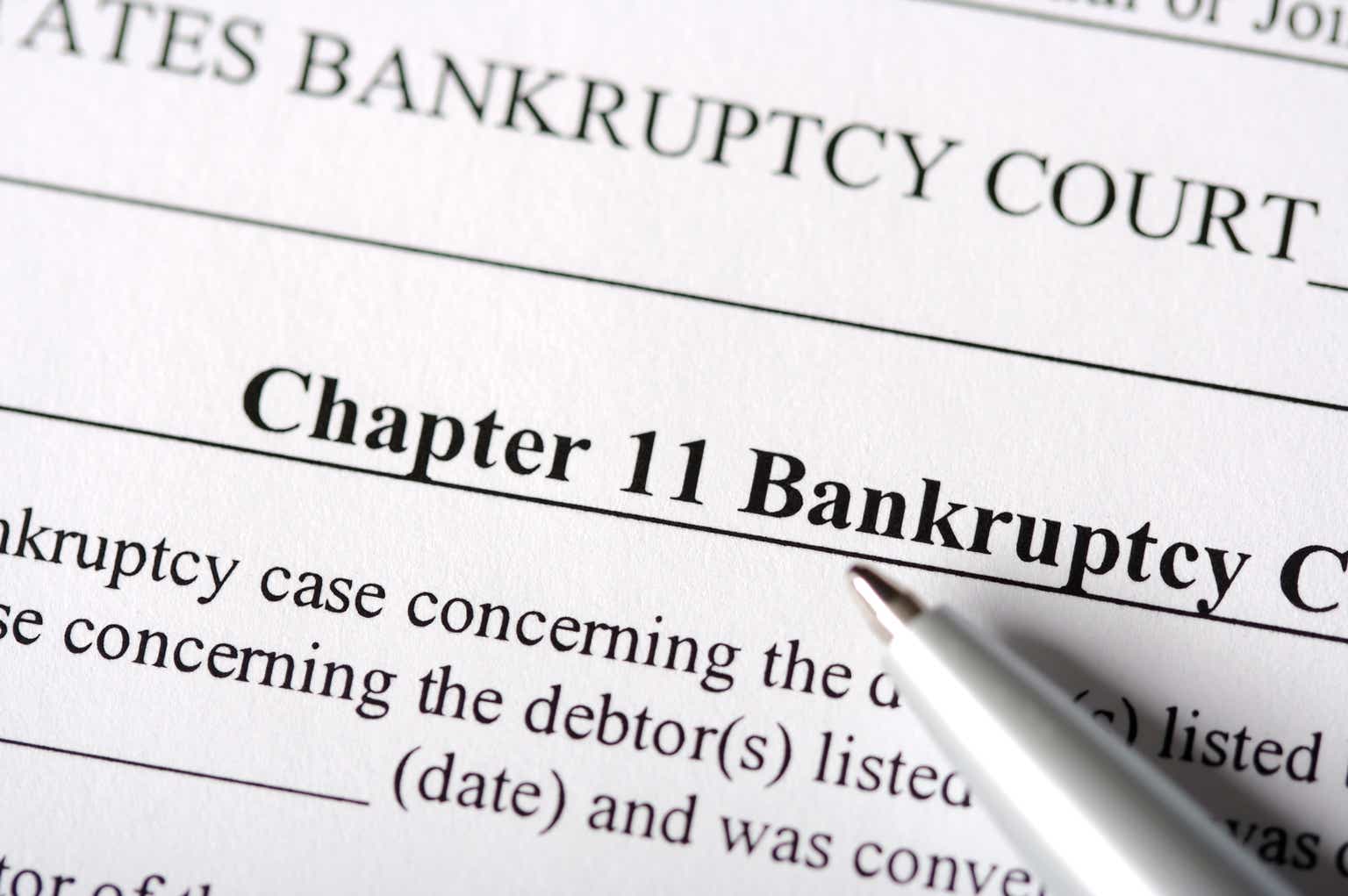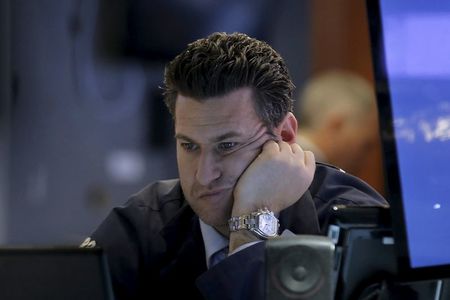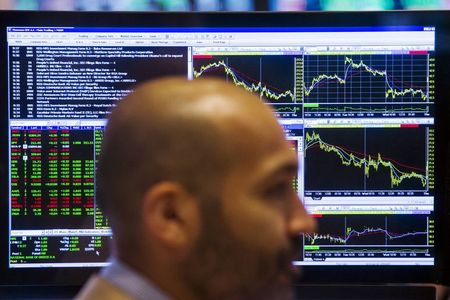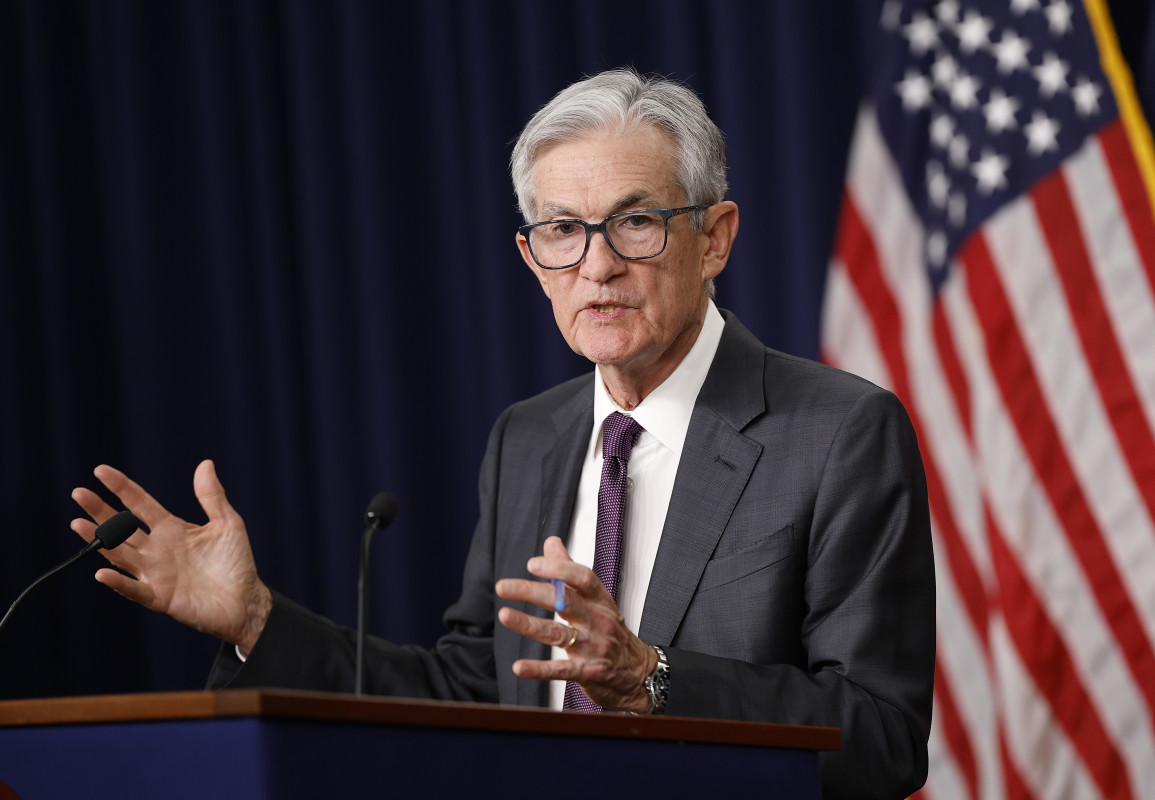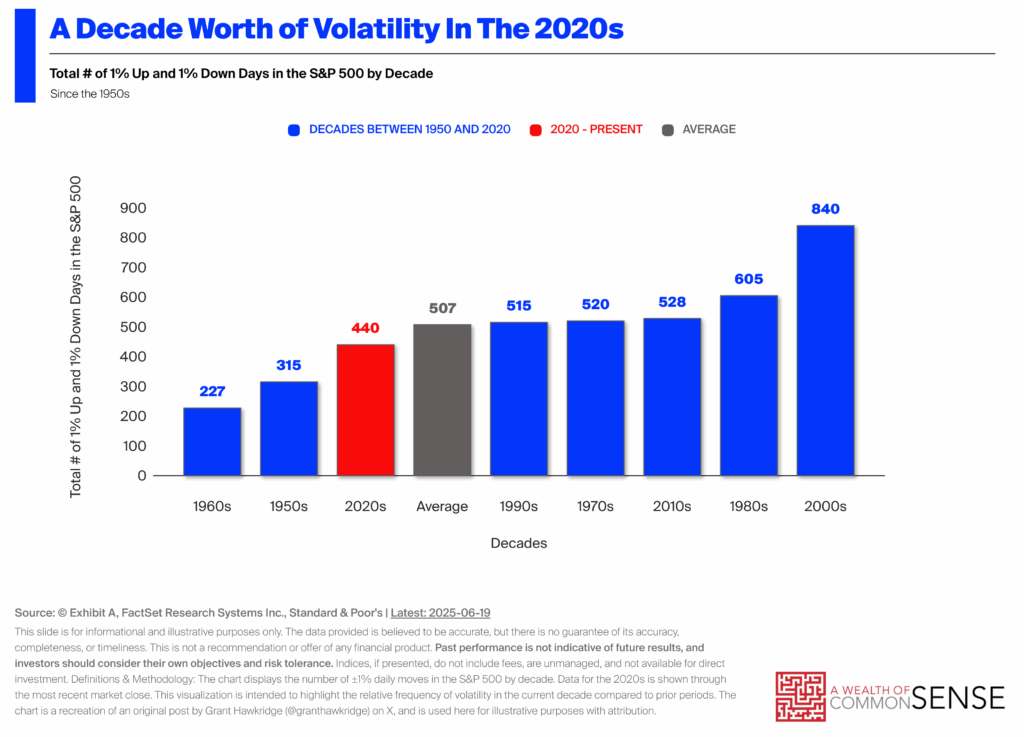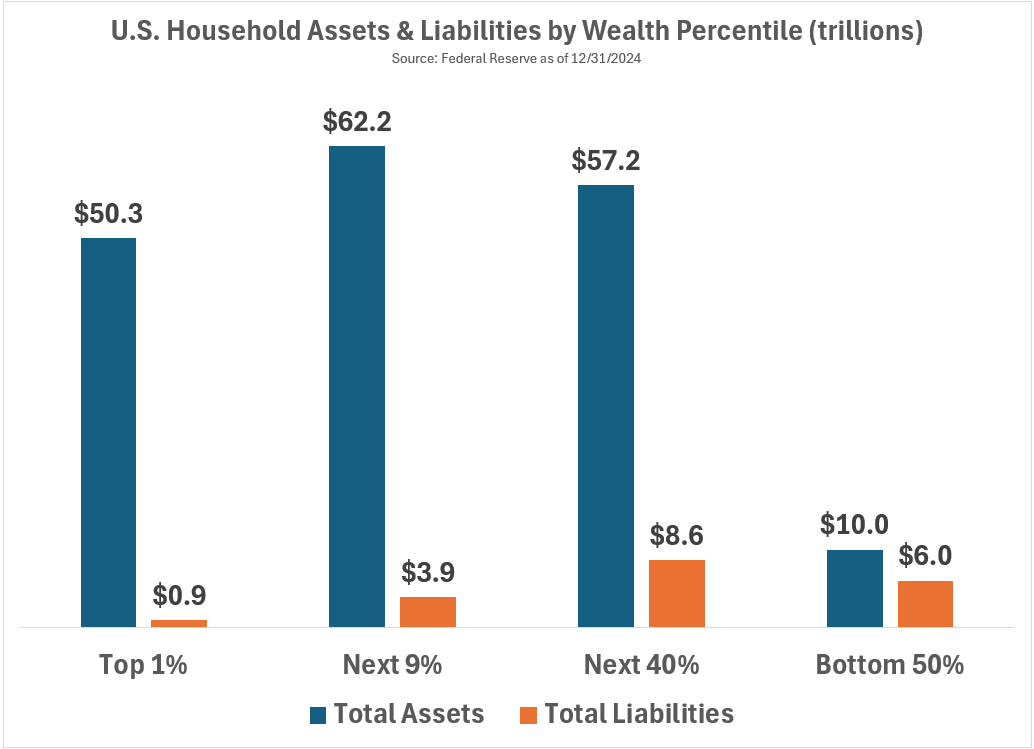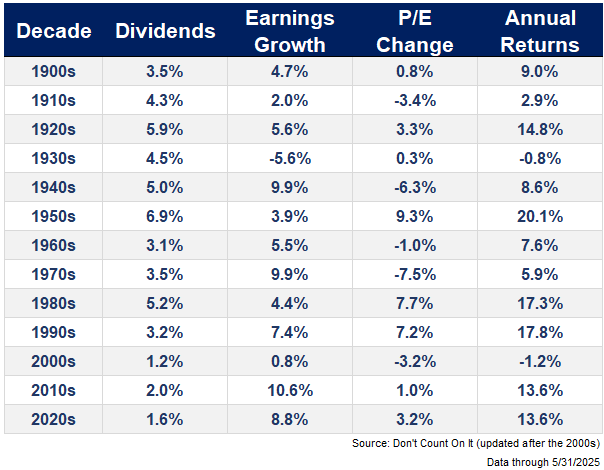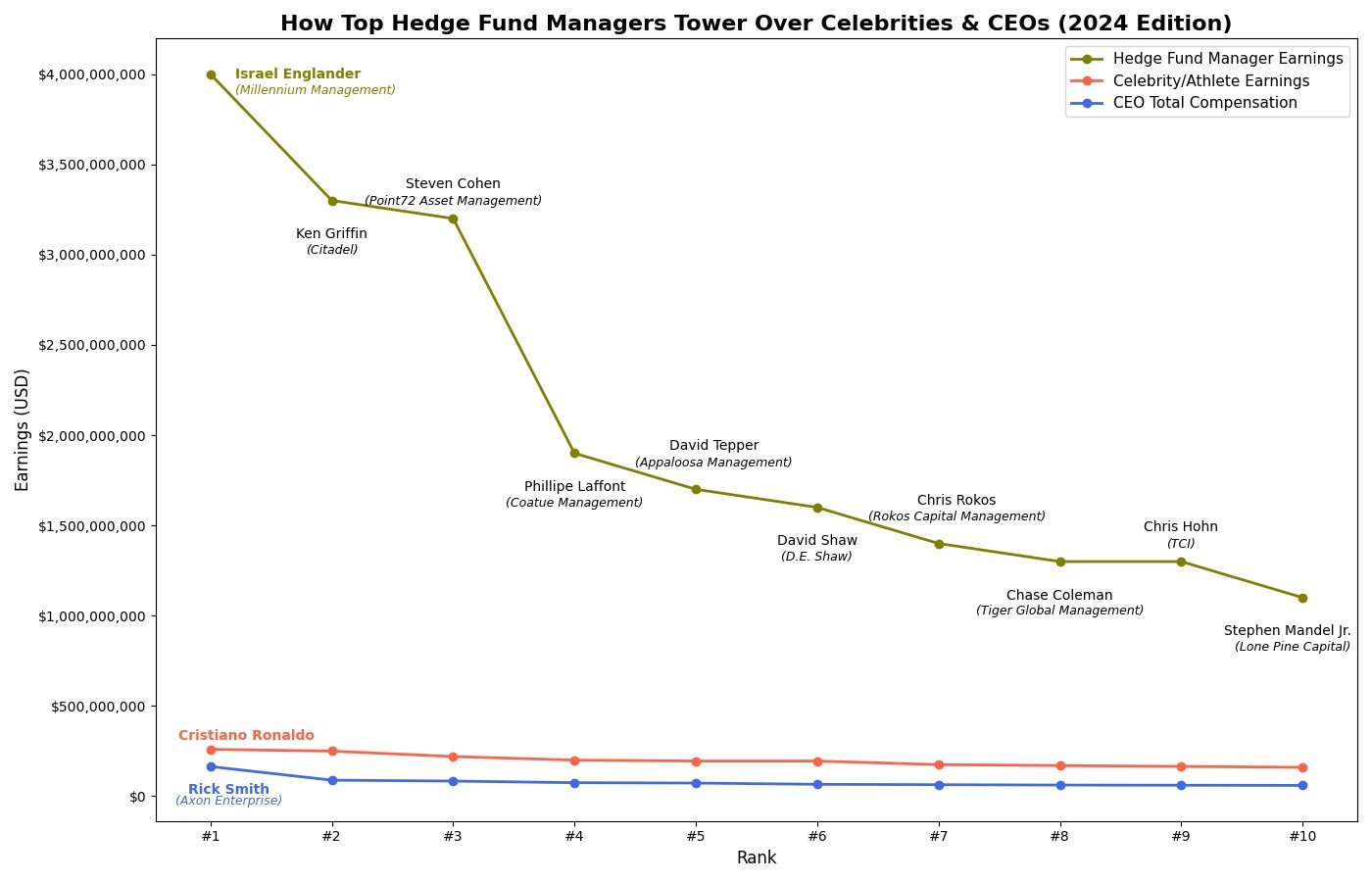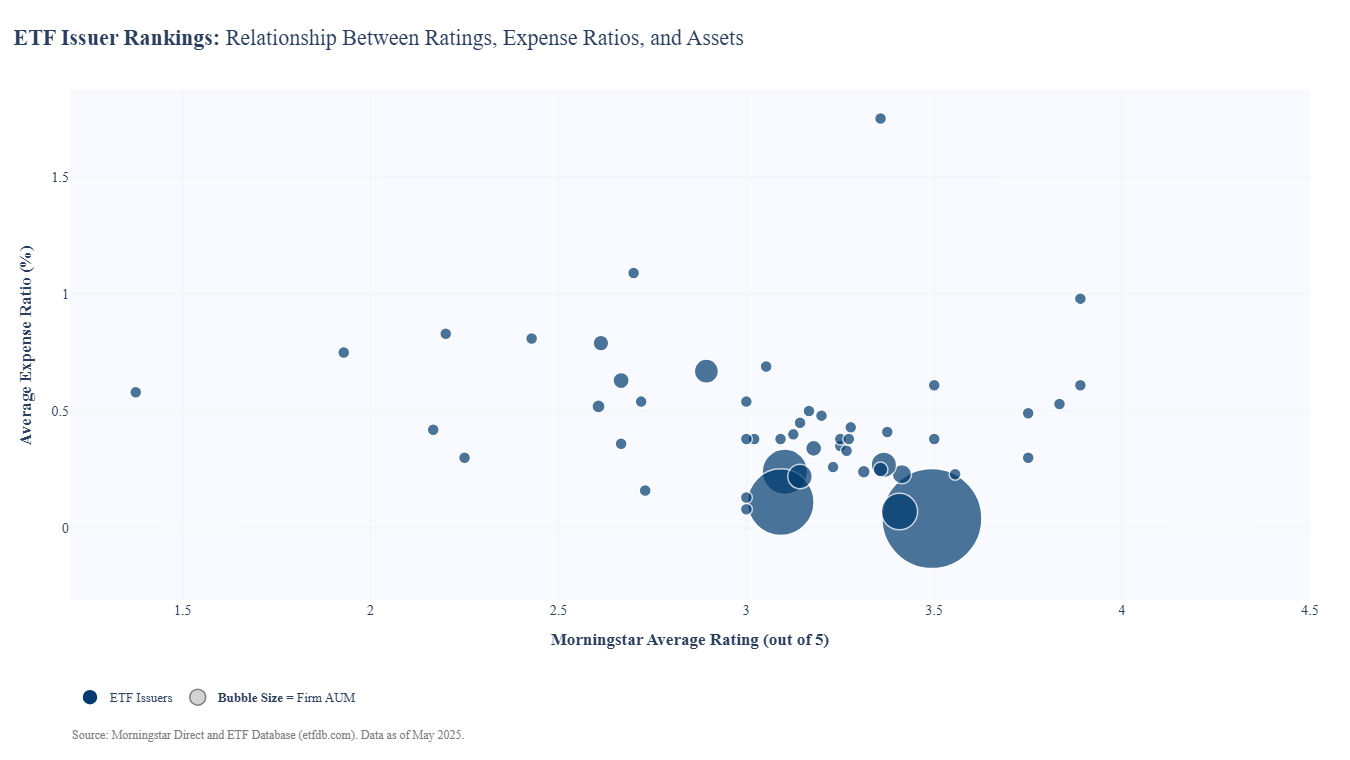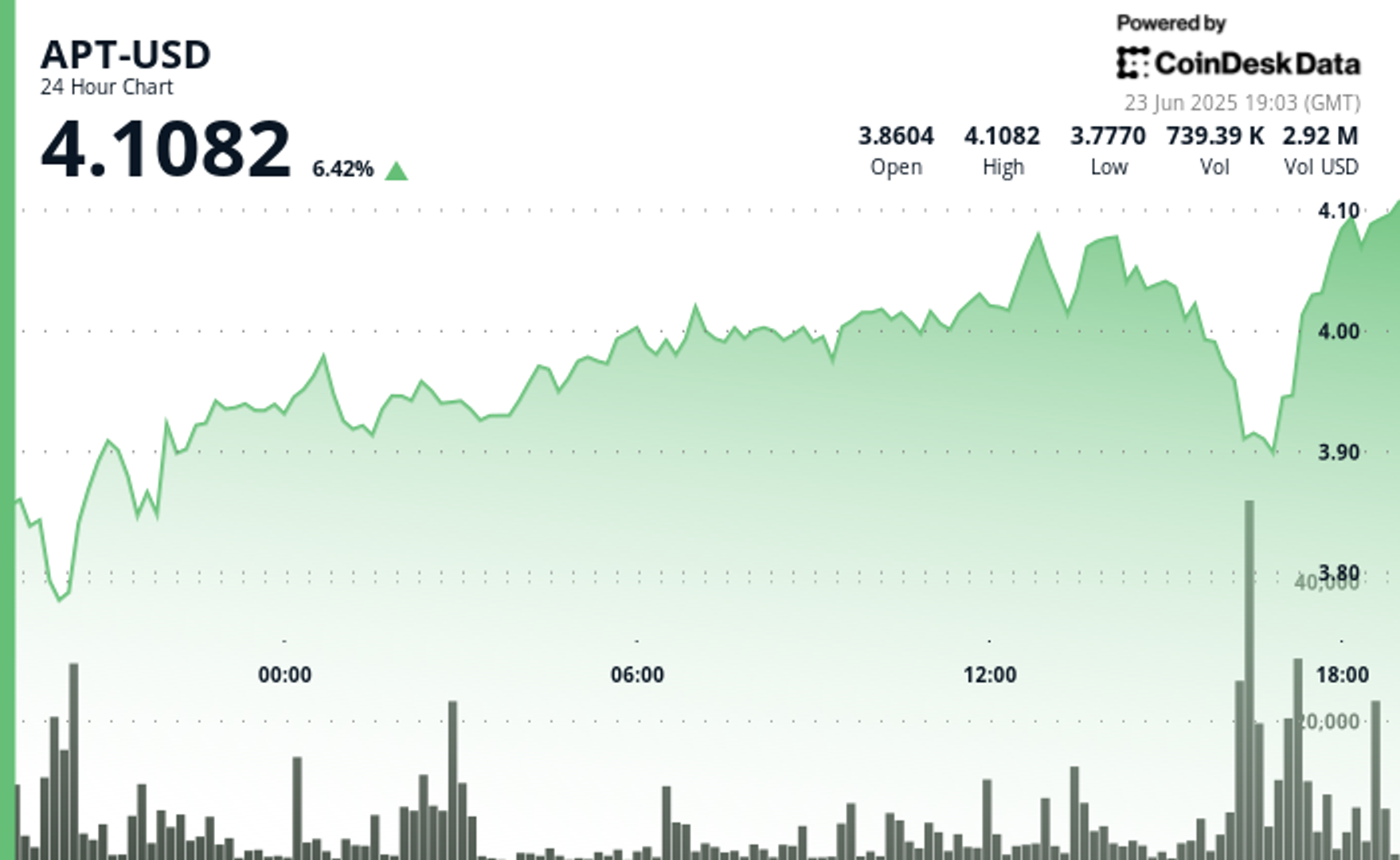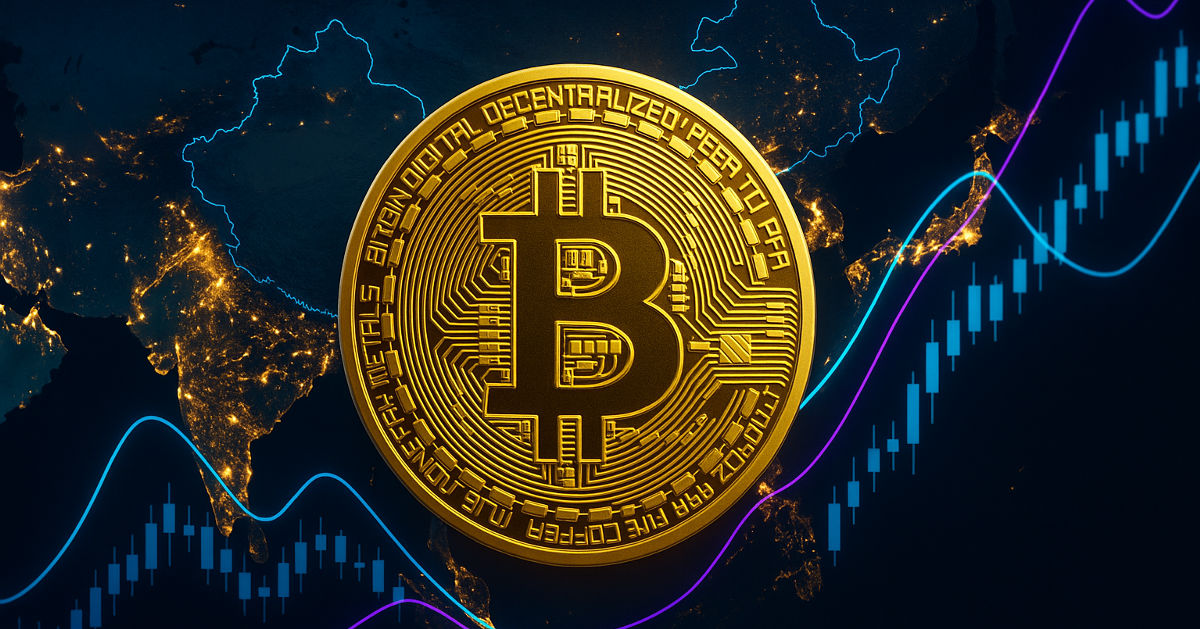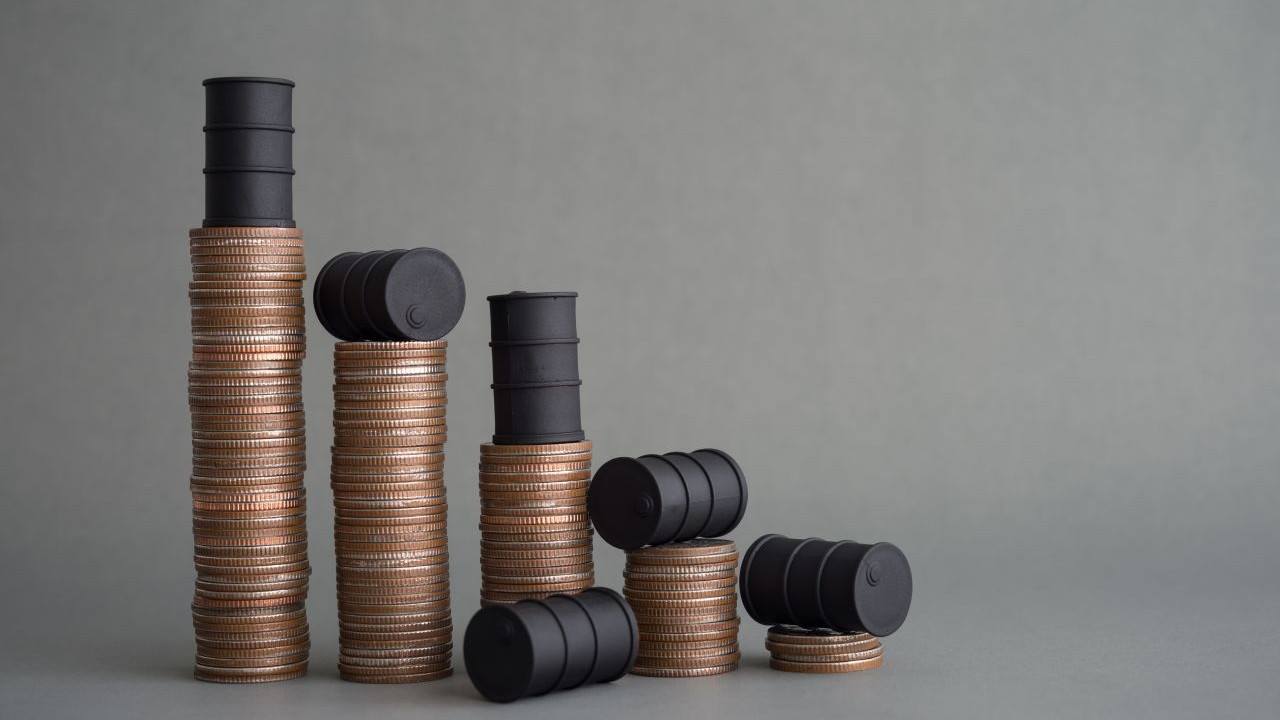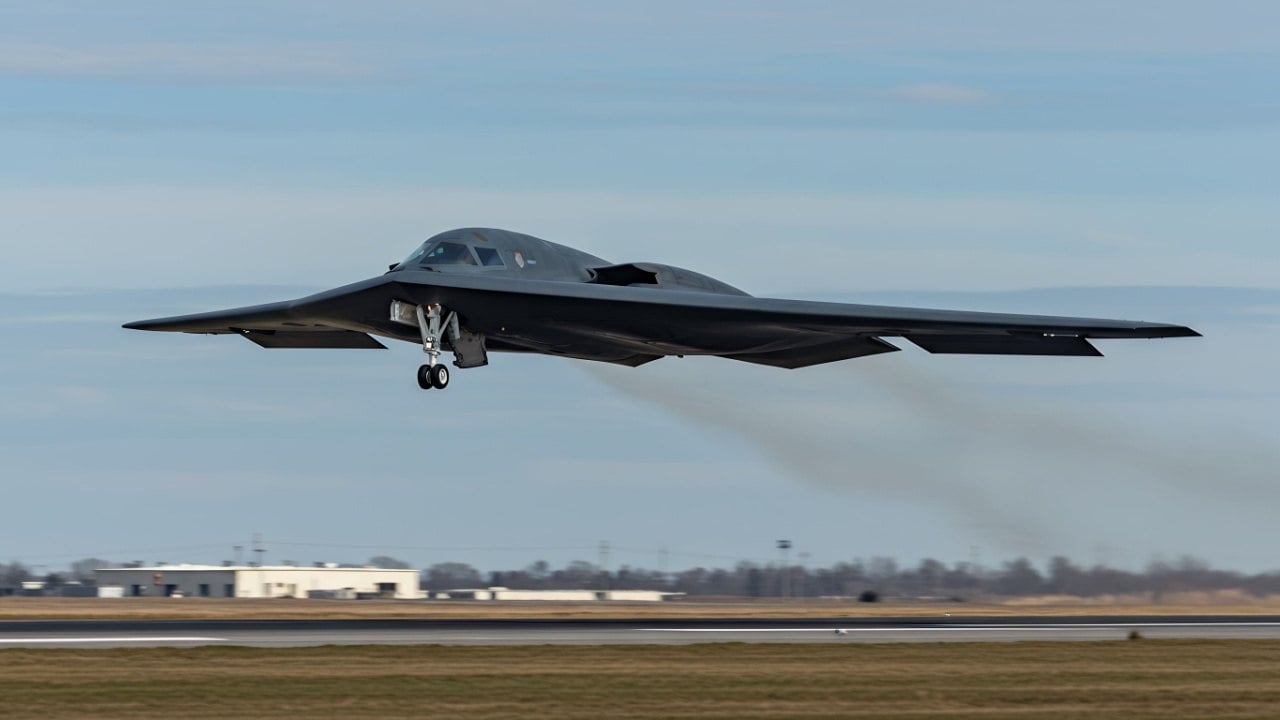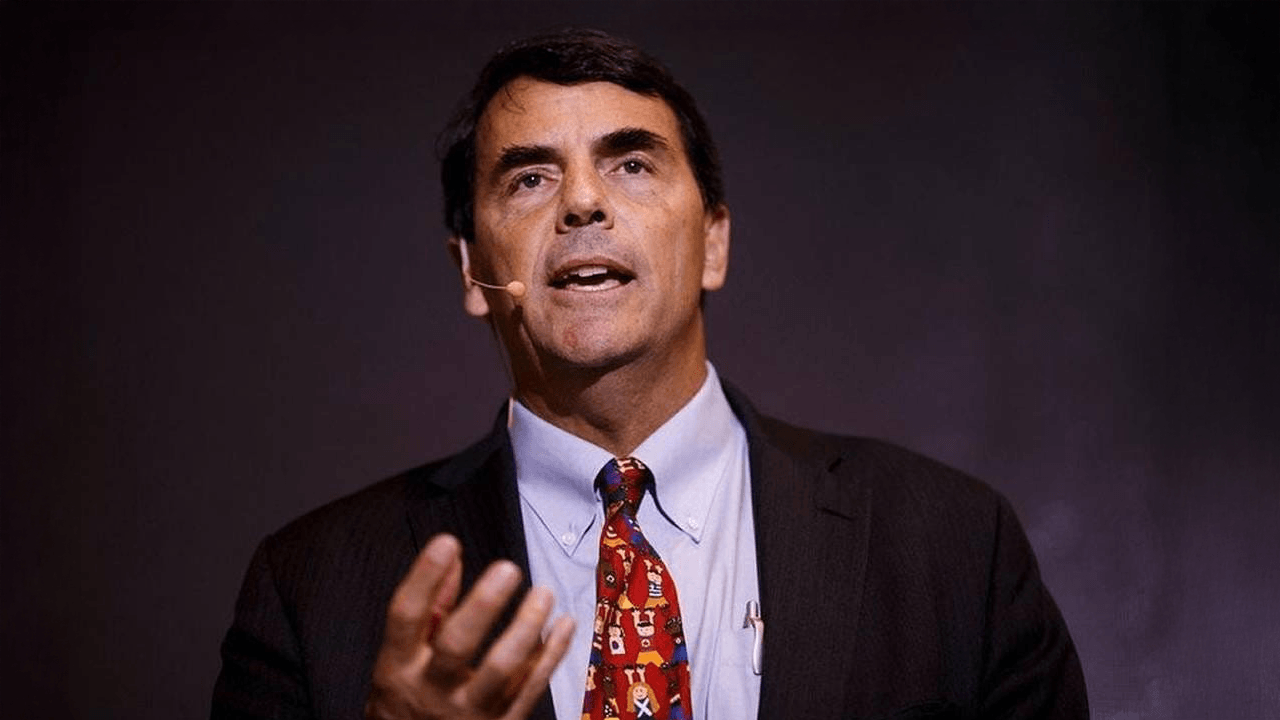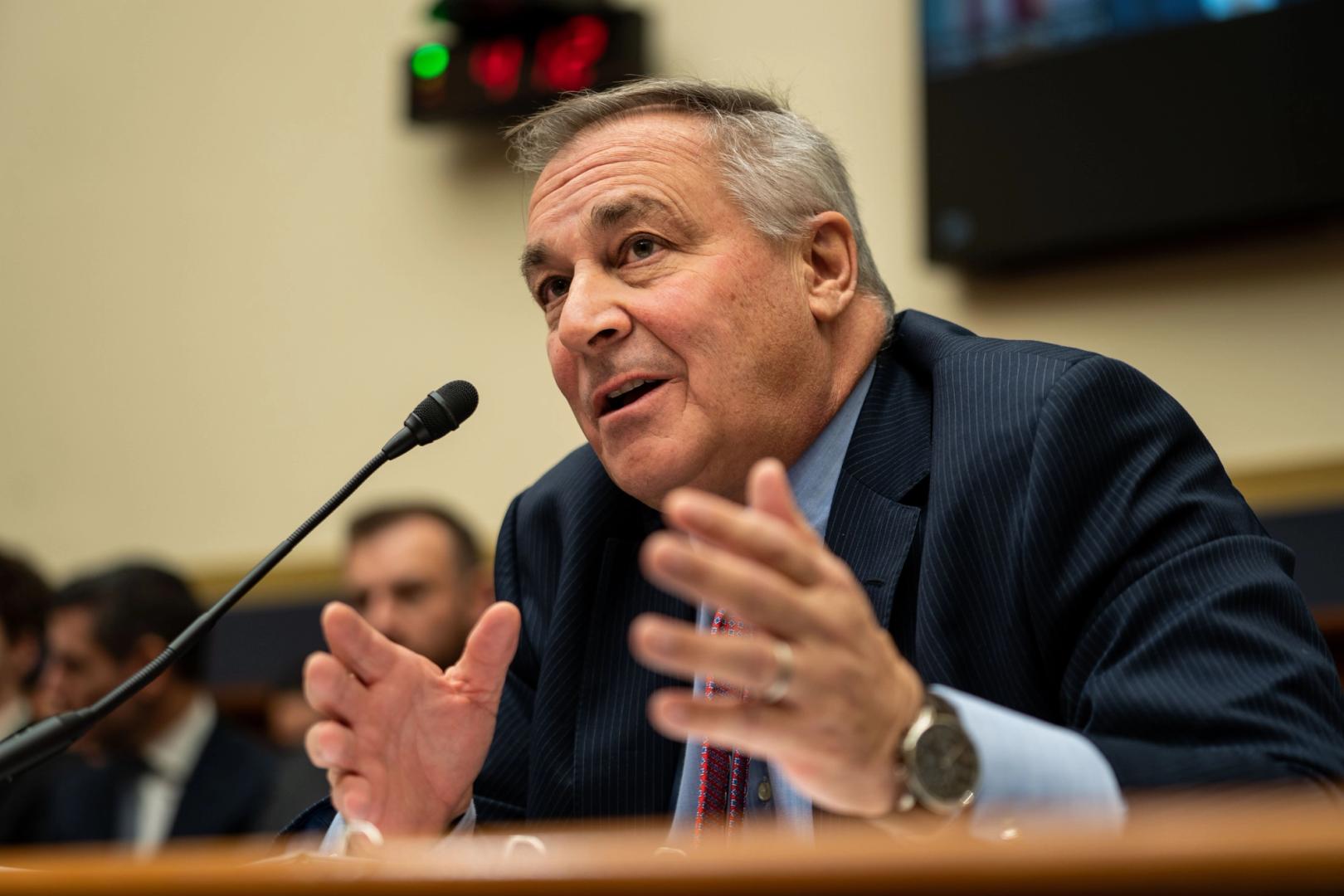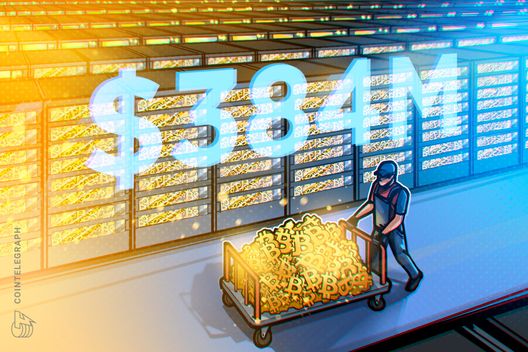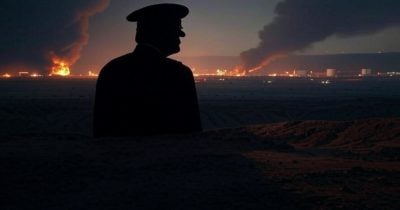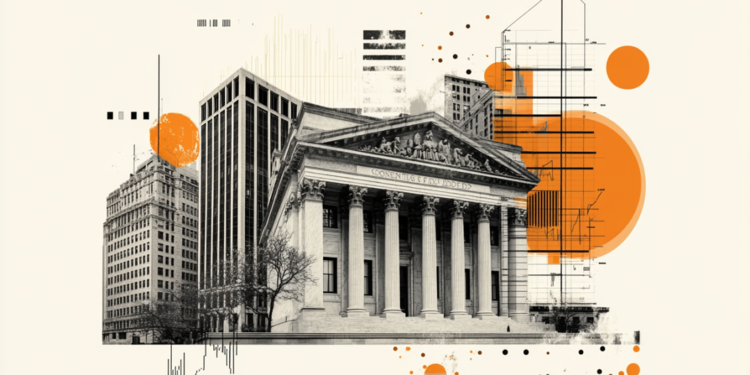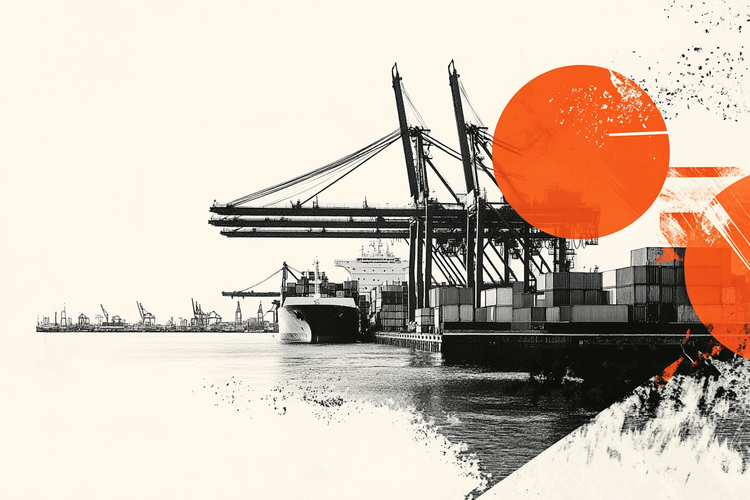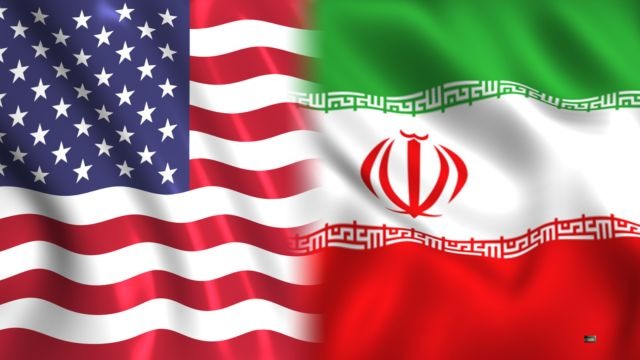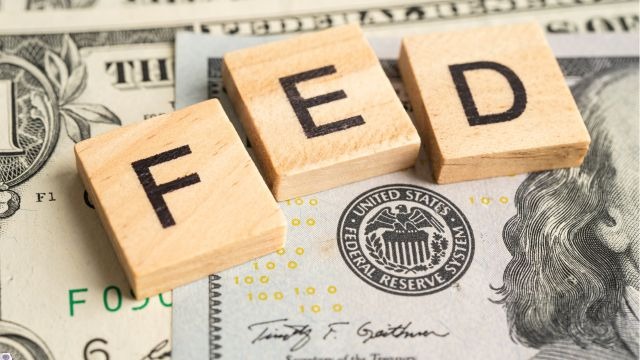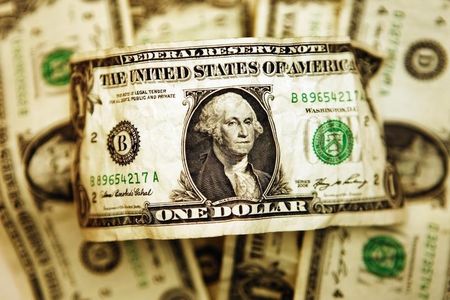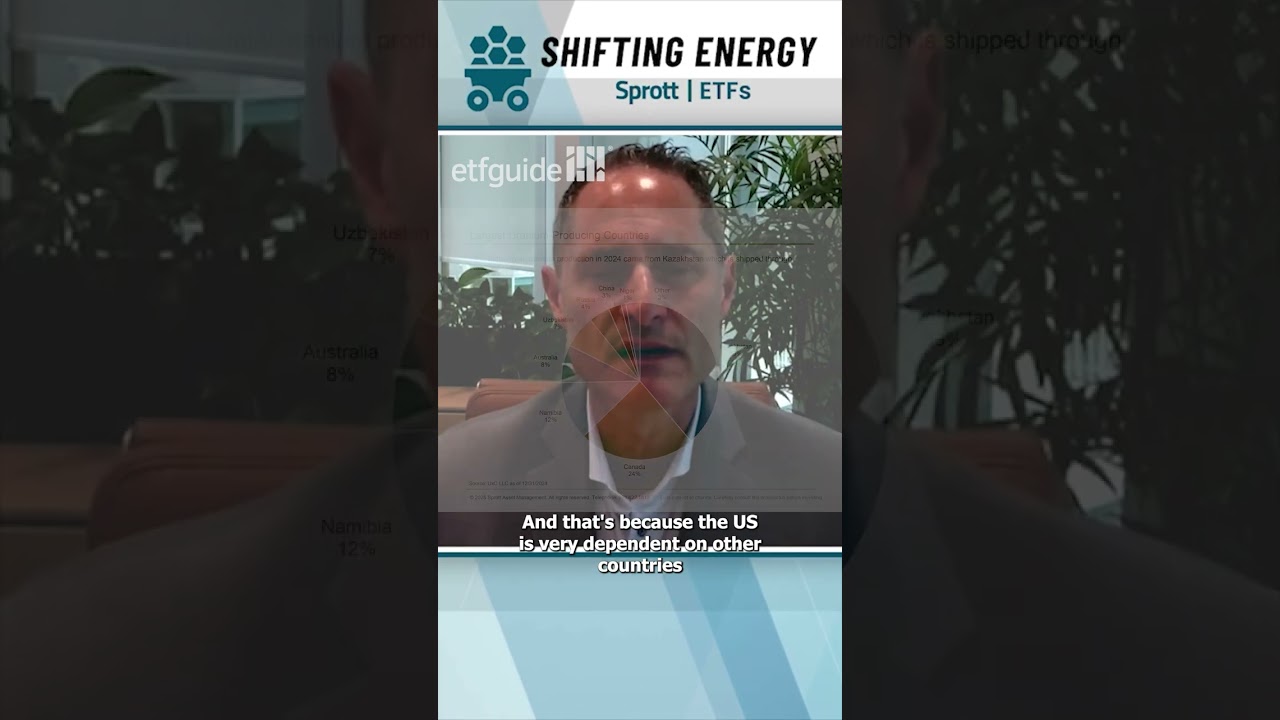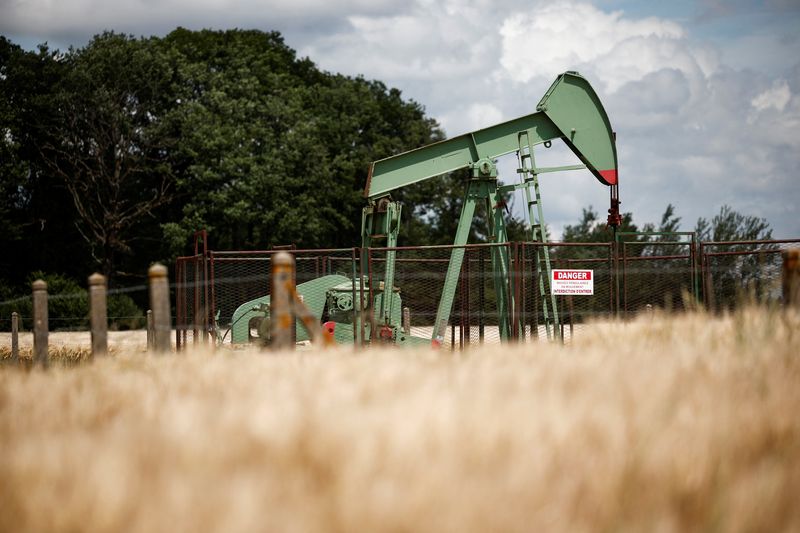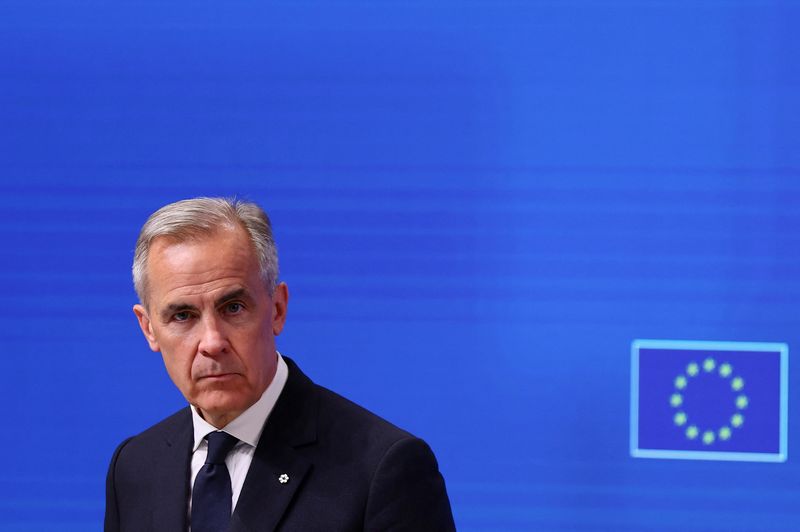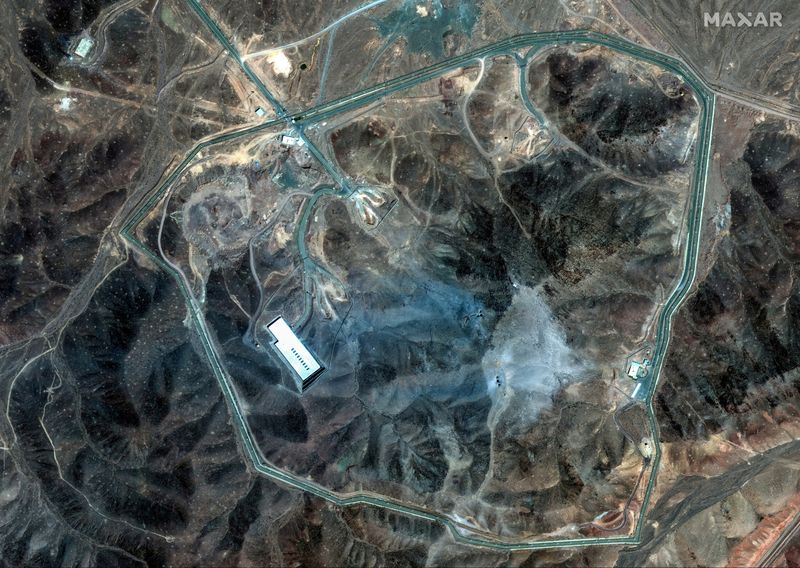Trump demands ‘everyone’ keep oil prices down after Iran threatens to close Strait of Hormuz following U.S. attack: ‘I’m watching’
Trump urged stepped-up production as the White House sharpened its warnings to Iran against closing the Strait of Hormuz.

President Donald Trump on Monday called for the U.S. and other oil-producing economies to pump more oil as crude prices remain volatile following U.S. strikes on Iranian nuclear facilities.
Trump urged stepped-up production as the White House sharpened its warnings to Iran against closing the Strait of Hormuz, a vital oil and gas shipping lane, in retaliation for the U.S. strikes on Iran’s nuclear program.
“To the Department of Energy: DRILL, BABY, DRILL!!! And I mean NOW!!!” Trump posted on social media. He added, “EVERYONE, KEEP OIL PRICES DOWN. I’M WATCHING! YOU’RE PLAYING RIGHT INTO THE HANDS OF THE ENEMY. DON’T DO IT!”
The push by Trump comes at an uncertain moment as U.S. embassies and military installations in the Middle East are on high alert for potential retaliation. Global markets are trying to ascertain what lays ahead after the U.S. struck key Iranian nuclear facilities with a barrage of 30,000-pound bunker busting bombs and Tomahawk missiles.
Iran’s parliament has approved cutting off the Strait of Hormuz, a narrow shipping lane in the Persian Gulf that about 20% of global oil and gas passes through. It’s now up to Iran’s national security council to decide whether to move forward with the idea, which could lead to a spike in the cost of goods and services worldwide.
The price of oil jumped 4% shortly after trading began on Sunday night, but it quickly pared back as the focus shifted from what the U.S. military did to how Iran would react.
Oil futures were flip-flopping in Monday morning trading between gains and losses. They still remain higher than they were before the fighting began a little more than a week ago.
White House press secretary Karoline Leavitt warned Tehran anew against closing the strait, saying, “the Iranian regime would be foolish to make that decision.”
The State Department has doubled the number of emergency evacuation flights it is providing for American citizens wishing to leave Israel, ordered the departure of nonessential staff from the U.S. Embassy in Lebanon. It also is stepping up travel warnings around the Middle East because of concerns Iran will retaliate against U.S. interests in the region.
In an alert sent to all Americans worldwide and posted to its website on Sunday, the State Department warned all U.S. citizens abroad to exercise caution.
The U.S. Embassy in Qatar issued an alert on its website Monday urging American citizens in the energy-rich nation to “shelter in place until further notice.” Hours later, the Qatari government issued an extraordinary order to shut its busy airspace.
Qatar, across the Persian Gulf from Iran, is home to Al Udeid Air Base, which hosts the forward headquarters of the U.S. military’s Central Command.
The embassy did not elaborate and did not respond to multiple requests for comment from The Associated Press.
Many energy industry analysts are skeptical that Iran would go forward with a full closure of the strait, something that it has threatened to do in the past.
Iran would face the possibility of retaliation against its own shipments and the possibility that the move would upset China, the biggest purchaser of Iranian crude.
The U.S. and allies pressed Russia in the leadup to Moscow’s 2022 invasion of Ukraine with threats to its oil industry, and then followed through as many Western oil companies pulled out of the country and the U.S. and Europe imposed sanctions on Russian industry.
But Iran is far less integrated into the global economy than Russia, which was reliant on European markets for its oil and gas exports and still went forward with the invasion despite U.S. warnings.
“There’s been a lot of suggestion as well that this isn’t something that is incredibly likely, and that’s generally attributed to economic interdependence, which I don’t want to suggest doesn’t matter. It absolutely does,” said Colby Connelly, a senior fellow at the Middle East Institute. Connelly added, “if the 2020s have taught us anything so far, it’s that economic ties don’t always prevent conflict.”
In another development Monday, Leavitt appeared to play down Trump calling into question the future of Iran’s ruling theocracy, seemingly contradicting his administration’s earlier calls on Tehran to resume negotiations and avoid an escalation in fighting.
“It’s not politically correct to use the term, ‘Regime Change,’ but if the current Iranian Regime is unable to MAKE IRAN GREAT AGAIN, why wouldn’t there be a Regime change???” Trump posted on social media. “MIGA!!!”
Leavitt said Trump’s “posture and our military posture has not changed.”
“The president was just simply raising a question that I think many people around the world are asking,” Leavitt said.
This story was originally featured on Fortune.com





